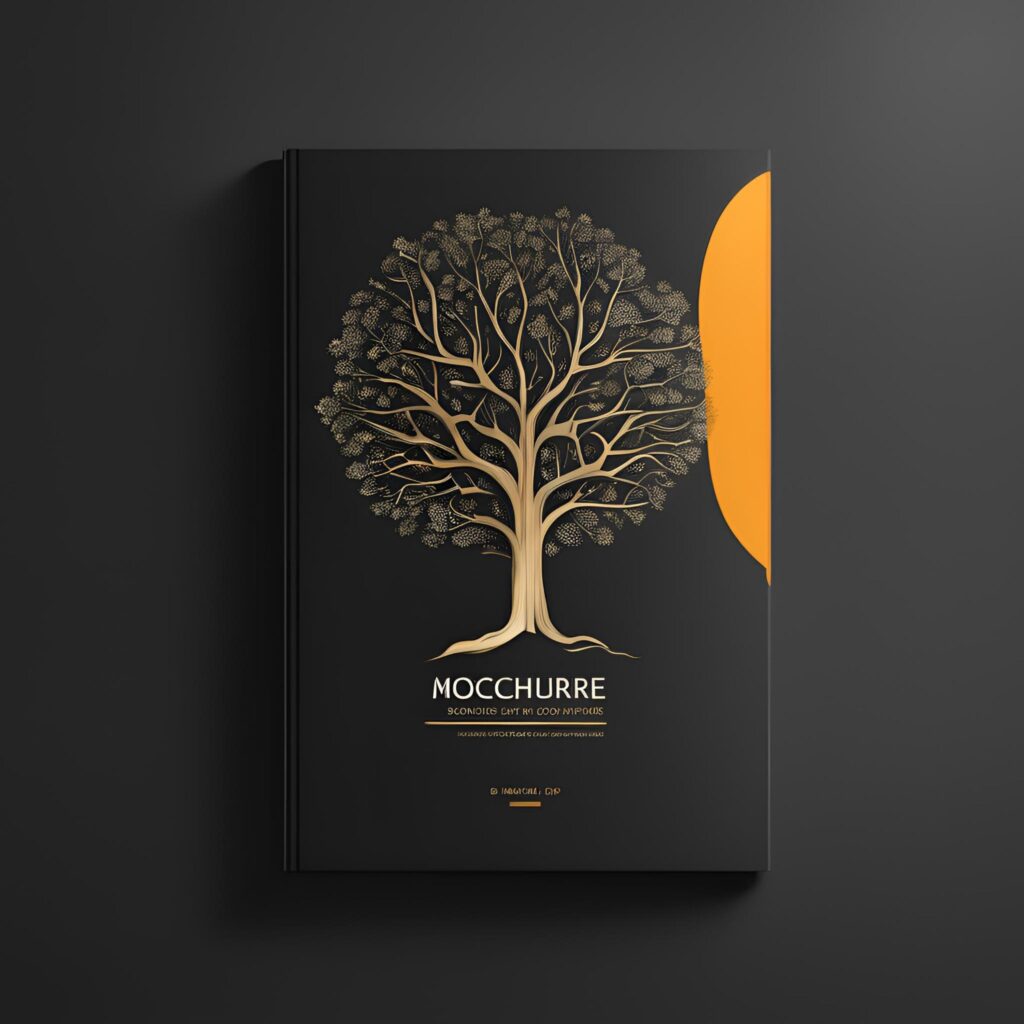How to Design a Book Cover That Sells: Expert Tips for Authors
“Don’t judge a book by its cover,” may sit well in several social and personal settings, but it works quite the opposite when it comes to books. The book cover quite literally works like the face of the book – that means it might be the sole reason your book stays on the shelf or remains unnoticed. Before jumping into ‘how to design a book cover’, think of all the bestselling books, and study their book covers – we assure you, not a single one has a poorly designed book cover. And maybe there are several books out with an average storyline that have been sold out because of a beautiful book cover.
So, if you’re an author looking to get the well-deserved, you need to understand how to design a book cover that sells. In this guide, we’ll walk you through expert tips for creating a captivating book cover that gets you the potential readers and reflects the essence of your story.

1. Understand Your Target Audience
The first step in learning how to design a book cover is knowing your target audience. You have a great story and exceptional book cover, but if you are targeting the wrong audience, you won’t be able to sell well. So, once you are done with the writing, editing, and publishing phase, sit back and study who would like to read your story. Is your story something that would excite young adults? Is it a romance novel that adults would enjoy? Or is it a thriller appropriate for both age groups? A clear understanding of your audience will ease the process of developing a book cover.
For example, fantasy readers expect book covers with detailed artwork, business book readers prefer minimalist designs, and thriller book readers pick books with book covers in darker tones. Research your genre, and identify what theme and design fits your book.
2. Convey Your Book’s Genre and Tone
Your book cover should reflect the genre, themes, and tone of your book. Again, thorough research will help you brainstorm the ideas for your book cover. Think of your book cover as a visual pitch for your story. For example:
- Most romance novels come with book covers featuring soft colors, elegant typography, imagery of heartfelt moments, and hearts and flowers.
- Mystery or thriller books, on the other hand, use darker tones, sharp or scary-looking fonts, and images that suggest suspense.
- Children’s books’ book covers are designed with bright colors and playful illustrations.
Having a book cover that reflects your genre and tone allows the readers to easily identify your book in their preferred genre.

3. Prioritize Typography
As minor as it seems, typography plays an essential role in learning ‘how to design a book cover’. The title of your book and your name should be easily readable and prominent on the book cover. It shouldn’t be overshadowed by the imagery used in the book cover nor should it be conflicting with the design of your book cover. Without compromising readability and creativity, choose a font that fits the tone of your book and the design of your book cover. Use easy-to-read and minimalist fonts like serif and sans serif with minimalist book cover designs, and quirky or handwriting-like fonts for light-hearted stories. Also, avoid experimenting with several fonts on your book cover. For a cohesive look, avoid using more than two fonts on the book cover.
4. Choose Eye-Catching Imagery
The imagery on your book cover should not only be eye-catching but also relevant to your story. Whether you pick photographs or illustrations, make sure that your imagery is unique and reflects your story. We would suggest hiring professionals to get this job done as they have expertise and experience in tailoring book cover designs. Hambone Publishers, a trusted name in designing services, ensures every book cover stands out.
To design your book cover:
- Don’t use stock images extensively, customize them so they don’t look generic.
- Ensure the colors and visuals align with the tone and genre of your book.
- Consider a symbolic representation of your story rather than a literal depiction.

5. Embrace the Power of Color
The last element you need to look for in learning ‘how to design a book cover’ is colors. Colors evoke mood and emotion and help in attracting the right audience. You can take the help of the color theory to pick the color palette that aligns with your genre and tone. For example, self-help books will use warm uplifting tones of books and a mystery book will have a book cover in greys and blacks to complement the story.
Your Book Cover is Your First Impression
“Don’t judge a book by its cover” has wisdom and application in the real world, readers often judge the book cover to determine their next literary investment. With these expert tips, you can learn how to design a book cover that will get your book into the spotlight and boost your book sales. Remember, by putting in effort and time in learning and implementing these tips, you are setting your book for success.
Contact
- +1 (936) 223 3644
- [email protected]
- 8858 State Hwy, 146 South Livingston, Texas, 77351

100% SATISFACTION
Our services are 100% confidential. We Strive for 100% satisfaction.


ACCEPTED PAYMENT METHODS

Copyright 2025 Hambone Publishers All rights reserved.
Contact
- +1 (936) 223-3644
- [email protected]
- 8858 State Hwy, 146 South Livingston, Texas, 77351

100% SATISFACTION
Our services are 100% confidential. We Strive for 100% satisfaction.

ACCEPTED PAYMENT METHODS

Copyright 2025 Hambone Publishers All rights reserved.


